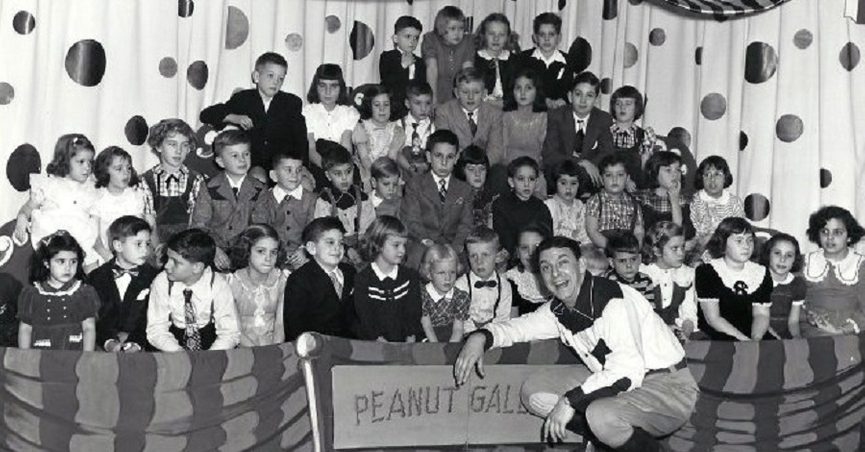“花生画廊没有评论!”对于许多出生于 1940 年代或 1950 年代的美国人来说,这句话让人想起了 “Howdy Doody” 节目的美好回忆。

【原文】
This article is republished here with permission from The Conversation. This content is shared here because the topic may interest Snopes readers; it does not, however, represent the work of Snopes fact-checkers or editors.
“No comments from the peanut gallery!” For many Americans who were born in the 1940s or 1950s, this phrase conjures up fond memories of the “Howdy Doody” show. It launched in 1947 as one of the first children’s television programs.
On that show, Buffalo Bob Smith – the host – his marionette sidekick, Howdy Doody, and Clarabell the clown entertained children who sat in bleachers onstage. Each episode opened with the kids singing the “It’s Howdy Doody Time” theme song and were then filmed reacting to the performers’ antics. Buffalo Bob referred to them as the “peanut gallery,” but the term didn’t originate with his show.
Vaudeville fell into decline with the rise of motion pictures and lower-priced entertainment. But the phrase “peanut gallery” was given a new lease on life – and was cemented into the lexicon – with its use on “Howdy Doody.”
The term lives on, with a few meanings. One refers to any noisy or disorderly group of spectators. Another is a racial slur. During vaudeville’s heyday, the cheapest seats were usually high up in a balcony, a section often reserved for Black patrons. As a result, “peanut gallery” is now among a long list of terms becoming socially unacceptable because of apparently racist origins.
But since those seats were also occupied by poorer people and immigrants, there is some debate over whether the expression was racially motivated or was a more general derogatory term for less affluent people.
“Peanut gallery” is just one of many phrases whose problematic origins have become obscured, in this case by smiling, excited children laughing at a cowboy puppet. It’s more common for terms to acquire an unsavory connotation over time.
Many terms fall out of fashion as cultural sensitivities shift. For example, just a century ago, “imbecile” and “moron” were considered scientific terms describing mental development – and are now considered offensive.
The passage of time can obscure a term’s problematic origins or illuminate facts about a widely used and seemingly innocent term. As with “the peanut gallery,” an awareness of a term’s history can be essential to avoid giving offense.![]()
Roger J. Kreuz, Associate Dean and Professor of Psychology, University of Memphis
This article is republished from The Conversation under a Creative Commons license. Read the original article.
Help Supercharge Snopes For 2020
We have big plans. We need your help.